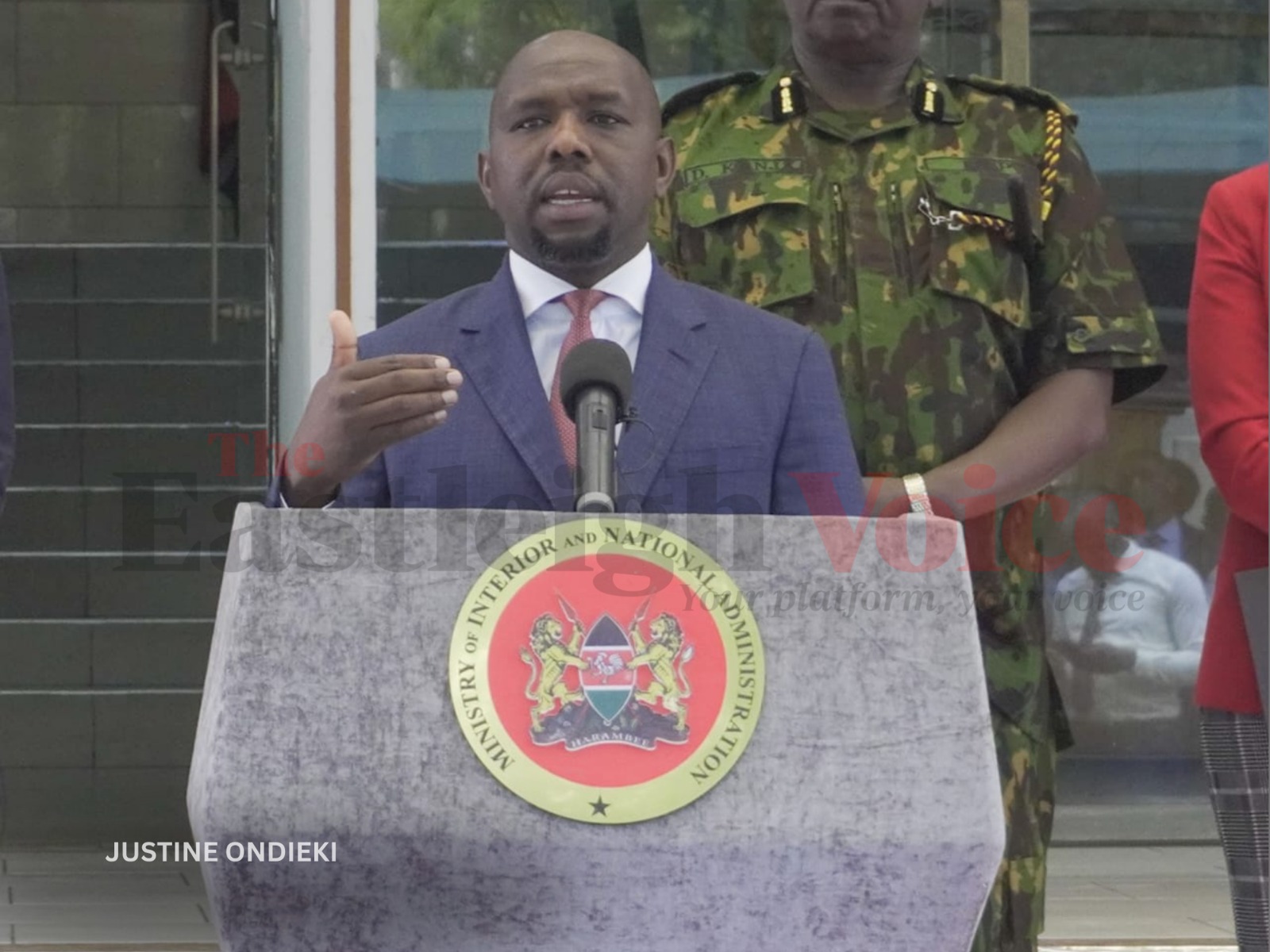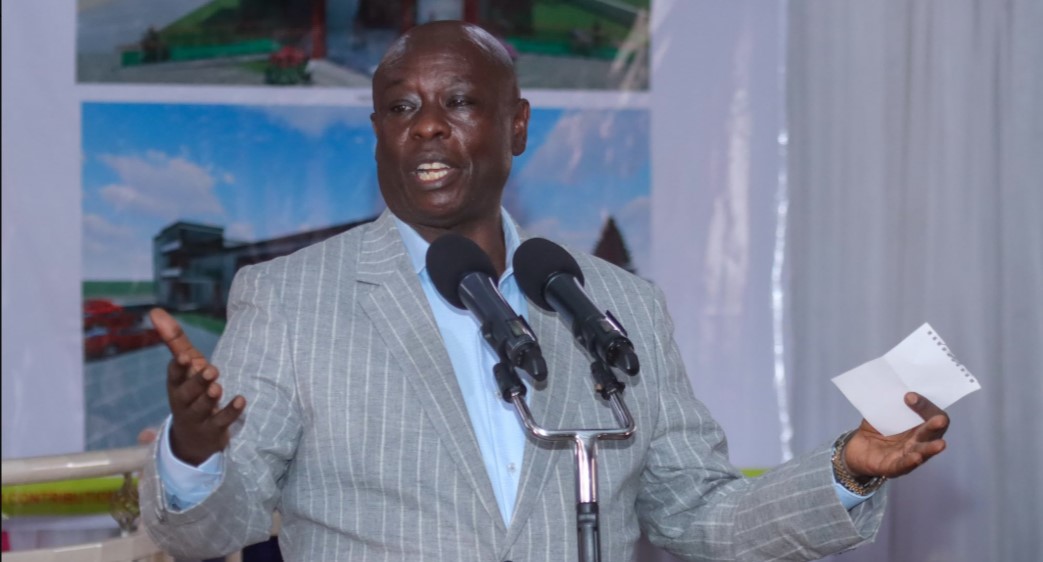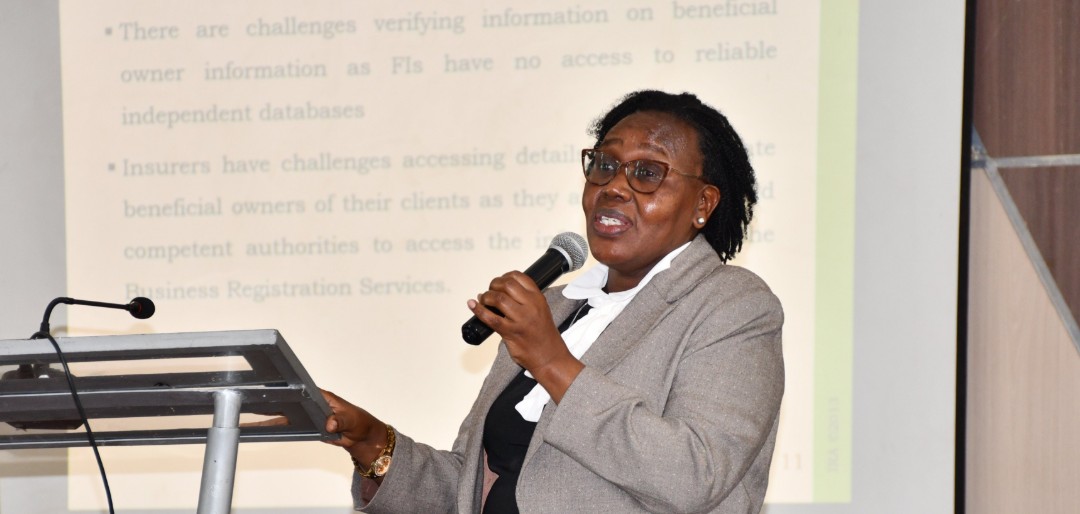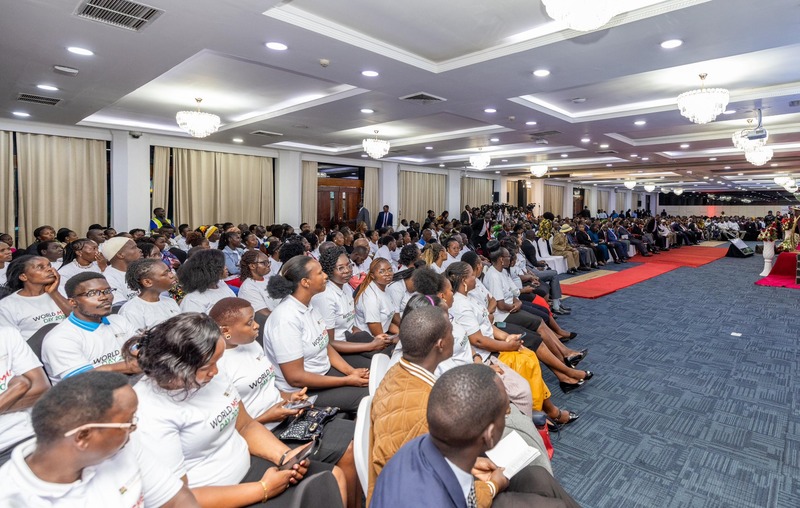Kenyans invited to submit views on Finance Bill 2025 by May 27

Unlike last year’s proposal, the Finance Bill 2025 does not introduce new tax rates. Instead, it focuses on revenue measures, improvements to tax administration, and adjustments to outdated legal references.
The National Assembly has opened a public participation window for Kenyans to submit their views on the Finance Bill 2025, with written submissions accepted until May 27.
Individuals, businesses and organisations can hand deliver their input to the office of the Clerk of the National Assembly or send emails to the Clerk or the Departmental Committee on Finance and Planning.
More To Read
- New tax rules, spending plan take effect after Ruto assents to three key Bills
- National Assembly passes Finance Bill 2025, targets Sh24 billion in new revenue
- MPs, senators strike deal, agree on Sh415 billion revenue allocation to counties
- MPs reject Treasury's plan to scrap VAT relief on mobile phones, solar, animal feeds
- State House, NIS among beneficiaries of Sh9.3 billion emergency funds
- Kenyatta National Hospital on the spot over power struggle at the helm
The Committee is also expected to hold in-person meetings with select stakeholders to gather additional feedback.
This move comes as Kenyans closely watch how Parliament will handle the public views. Many citizens remain sceptical, with concerns that these sessions are often reduced to a formality to meet constitutional demands rather than to shape the final version of the law.
Last year’s Finance Bill sparked nationwide protests, particularly among young people, who felt their concerns were ignored. The demonstrations turned tragic when police used force, including live ammunition, leaving some protesters dead.
Unlike last year’s proposal, the Finance Bill 2025 does not introduce new tax rates. Instead, it focuses on revenue measures, improvements to tax administration, and adjustments to outdated legal references.
“The Bill contains proposals relating to revenue-raising measures, including provisions to ease tax administration and clean up the statute book of terms and cross-references to provisions that have previously been repealed,” said Samuel Njoroge, Clerk of the National Assembly.
Still, some clauses in the Bill could increase the cost of living. For instance, certain items currently zero-rated for VAT may be moved to the exempt list.
This includes inputs used by pharmaceutical manufacturers, sugarcane transportation, motorcycles, electric bicycles, electric buses, solar and lithium-ion batteries, animal feed materials, and BEV stoves.
While zero-rated goods allow producers to claim VAT refunds, exempt goods do not, meaning producers could pass on the added cost to consumers.
“The Bill proposes a tax on goods or services that were initially exempt or zero-rated if later used inconsistently with their intended purpose. This aims to curb abuse of VAT reliefs and protect revenue. While it helps close tax evasion gaps, concerns remain about how fairly and transparently misuse will be determined,” said the Parliamentary Budget Office (PBO).
The Bill also proposes to remove some goods from the VAT-exempt list, subjecting them to the standard 16 per cent VAT rate. This forms part of the government’s broader plan to raise an additional Sh175 billion.
Another contentious proposal involves giving the Kenya Revenue Authority (KRA) more access to company systems and data. The Bill seeks to amend the Tax Procedures Act to allow broader KRA surveillance. A similar clause appeared in last year’s Bill and drew criticism over privacy concerns.
“The Bill opens the backdoor to unprecedented data access, reviving last year's controversial push and blurring the line between tax enforcement and data privacy, leaving businesses and individuals exposed,” said the PBO.
Alex Kanyi, a partner at Cliffe Dekker Hofmeyr, said the Bill does not appear to directly increase tax rates, but the Treasury still hopes to raise Sh175 billion.
“I do not think this Bill has addressed the issue of disposable income or money left in your pocket. What the Treasury has done in this Bill is that it has not increased tax rates. But at the same time, they want to collect Sh175 billion through measures that they will introduce in the Bill. There is no real direct impact in terms of taxes, save for a few instances,” he said on Spice FM.
Kanyi added that the new Bill is expected to face less resistance in Parliament than the one tabled last year. “It will have an easier time compared to Finance Bill 2024.”
He also raised a concern about the proposed access KRA could have if the Bill is passed.
“There has been a limit such that KRA can access a system but cannot access trade secrets and personal data. The Bill has proposed to remove these limitations and give KRA access to everything,” he said.
Top Stories Today
Reader Comments
Trending
















































